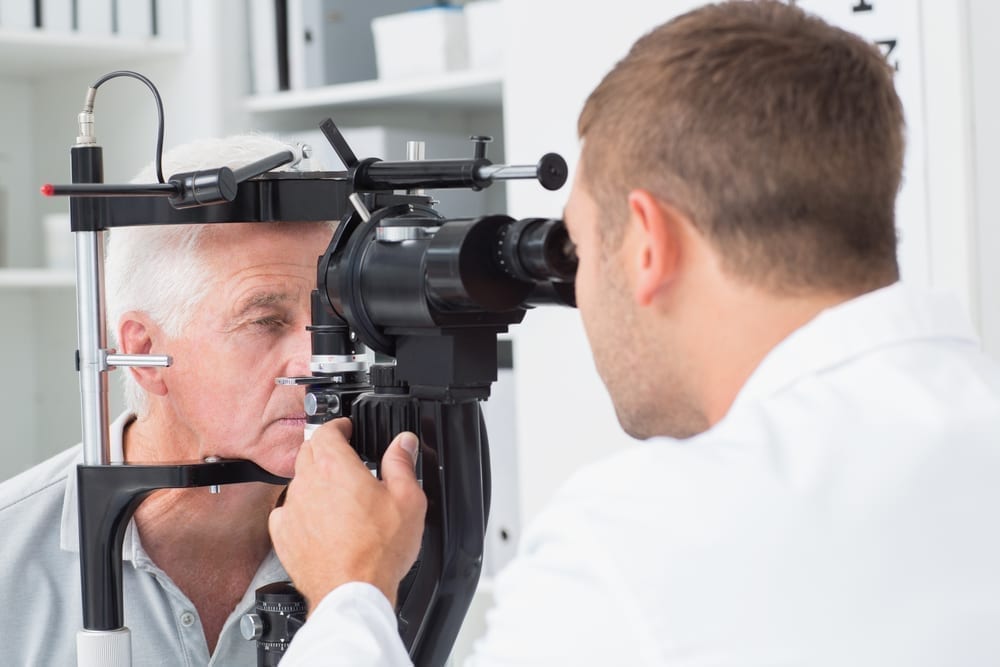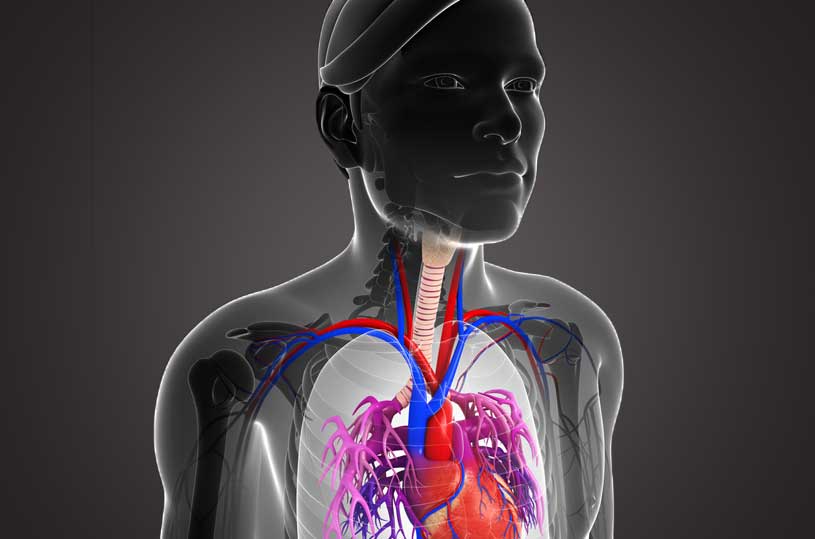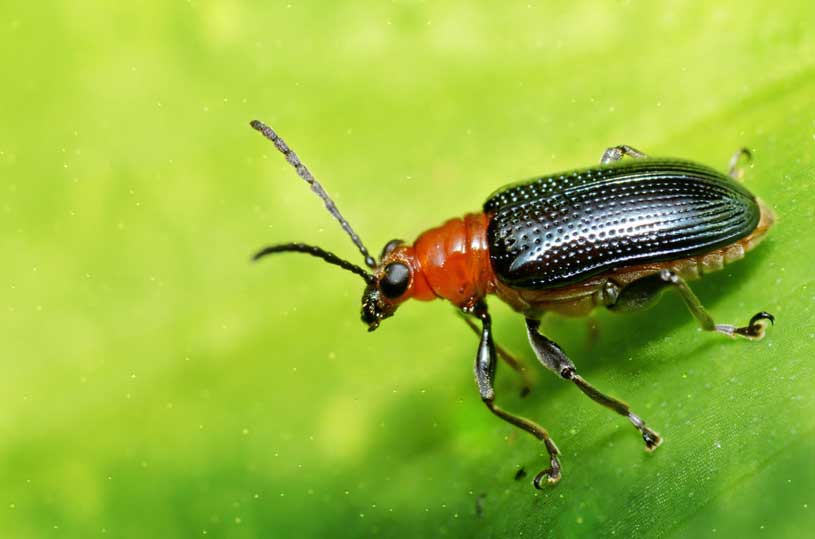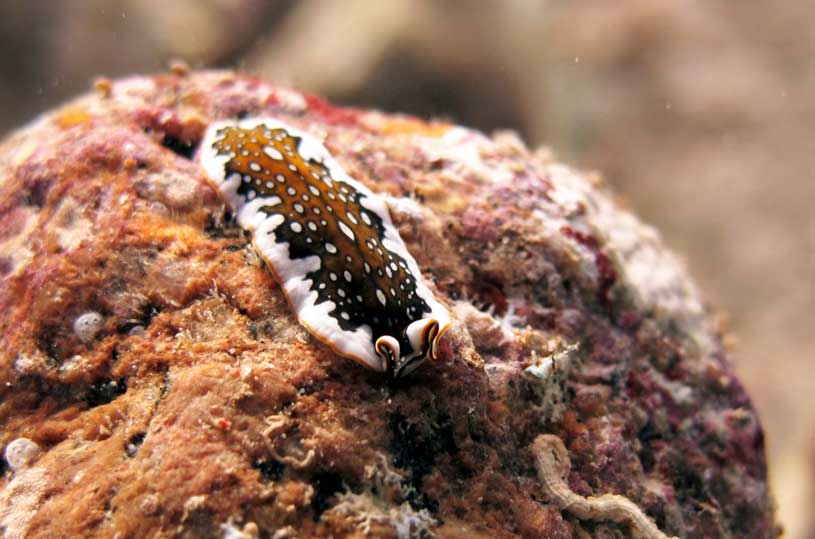1. The brain weighs about 1.3 kilogram (3lbs.) but uses 20% of the oxygen brought into our bodies.
2. The brain is made of 2 halves each called a hemisphere with a bridge between them called Corpus Colossum. The large part of the brain (cortex) is made in a mountain and valley fashion. The mountains are called gyri and the valleys are called sulci. This structure increases the surface area in the brain allowing for more neurons to reside there.
3. There are 5 parts of the cortex; the front lobe is responsible for speech, motor movement, emotions and problem solving. The temporal part (on the side) is responsible for hearing and memory. The rear part is responsible for visually related things and the middle part is responsible for touch and the sense of feeling pressure, temperature and pain.
4. The cerebrum is the largest part of the brain, 85% of it. It is involved in memory processes problem solving thought process feeling and movement.
5. The hypothalamus on the other hand weighs only 4 grams but is still extremely important. It creates hormones responsible for many vital functions and controls emotions, eating, drinking, body temperature chemical balance, sleeping and walking.
6. The hair scalp and skull all protect the brain. But there are more protections inside the skull. They are: the brain membrane composed of 3 layers, and brain/spinal fluid whichprotects the brain from impact.

7. The brain is fragile and these protections prevent it from hitting the skull.
8. A concussion is when the brain impacts with the skull.
9. If the brain lacks oxygen for even 7 seconds it will make the person fall to a laying down position to promote blood flow to the brain and supply it with oxygen. This is what we call fainting.
10. If the brain is deprived of oxygen for 4 minutes brain damage will begin. This is the main reason early resuscitation after a heart attack is so important to give the brain oxygen even before any ambulance or medical attention comes. We want to prevent irreversible brain damage.
11. The neurons are the key of brain activity. They take the messages across the brain and process it too. Anytime we think, sense or feel something neurons send messages to each other and make a neuron bridge to send information across the brain. The contact between neurons takes place at the synapse which is an intersection between neurons. Our brains have 200 billion neurons on the average. An octopus brain has 300 billion neurons.
12. Neurons process 70,000 thoughts a day.
13. Alzheimers is an illness that destroys the neurons in the brain.
14. The brain is more active during our sleep than when we are awake.
15. A baby’s brain weighs 350-400 grams but it has all of the neurons found in an adult brain. The baby’s brain triples in weight in his first year of life.





